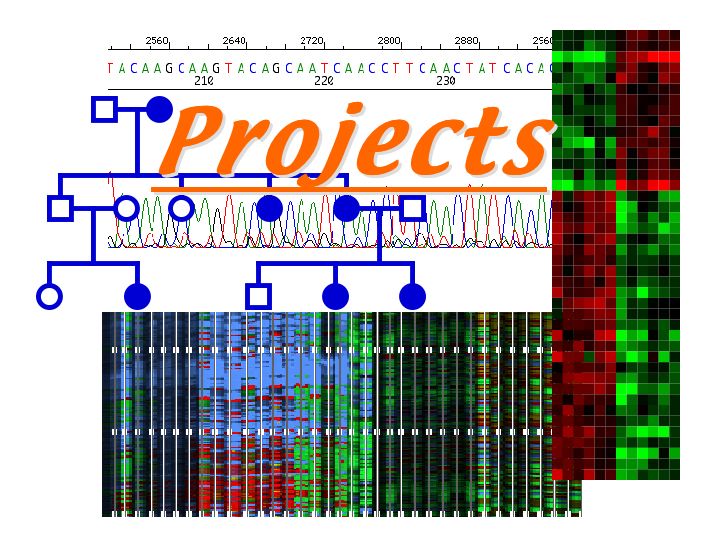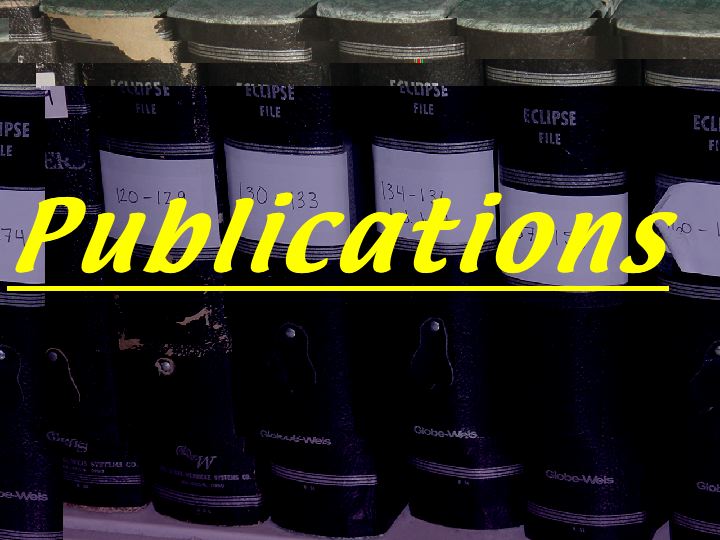Genetic analysis of breast cancer and inherited hearing loss are my focus of reasearch interest. There are three main areas of breast cancer research: the study of 'mystery families', the contribution of BRCA1 and BRCA2 in the general population, and the identification of genes which may modify BRCA1 and BRCA2 penetrance.
We define a 'mystery family' as one with a large number of breast and/or ovarian cancers but with wildtype sequences for BRCA1 and BRCA2, as assessed by full DNA sequencing. Together with Danbin Xu, I am testing these families for novel genomic rearrangements within BRCA1 and BRCA2, such as large deletions and duplications that are not detected by conventional mutation screening. To do this we analyze cDNA, to screen for transcript variants, and genomic DNA to quantify copy number throughout both genes, using the LightCycler system. Alternatively, it is also possible that these families harbor mutations in as yet uncharacterized genes. We are conducting genome wide screens on a subset of these mystery families to see if they are linked to novel BRCA loci.
To assess the contribution of BRCA1 and BRCA2 in the general population we are screening approximately 200 White and 200 African American women with breast cancer from the Carolina Breast Cancer Study (CBCS) for mutations in BRCA1 and BRCA2. The CBCS also contains equal numbers of age and ethnically matched controls, which allows us to test whether common BRCA1 and BRCA2 variants of unknown significance represent disease associated mutations or polymorphisms.
In order to identify BRCA1 and BRCA2 modifiers we are screening functional variants from candidate genes in a large series of breast cancer cases and controls with BRCA1 and BRCA2 mutation to determine whether they may modify the penetrance of BRCA1 and BRCA2.
My other area of interest is the genetics of inherited hearing loss. Myself and Vanessa Walsh are working in collaboration with Moien Kanaan (Bethlehem University, Palestine) and Karen Avraham (Tel Aviv University, Israel) to map and identify novel deafness genes in Middle Eastern families with congenital and profound deafness.



